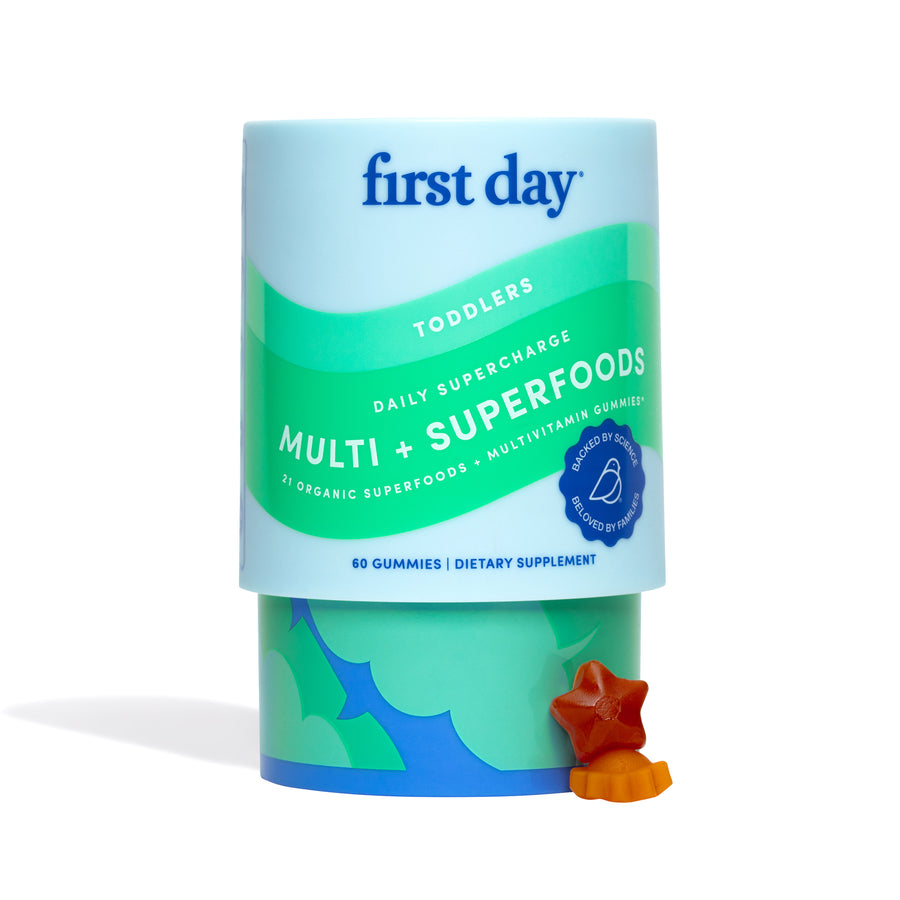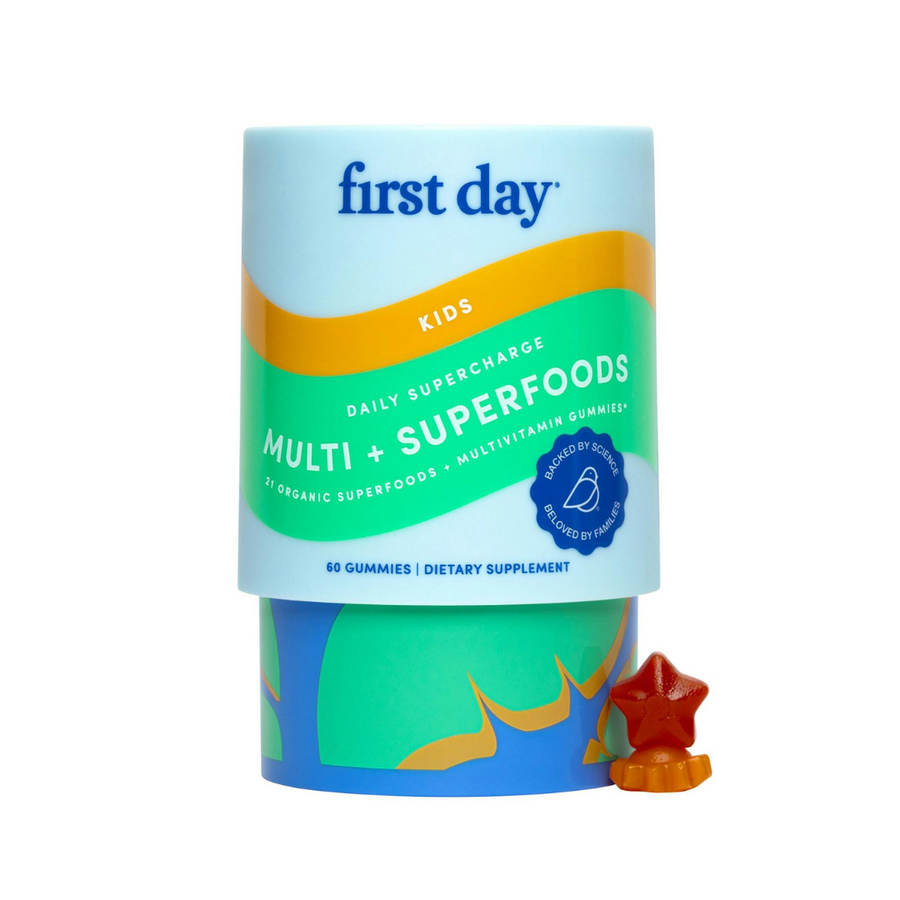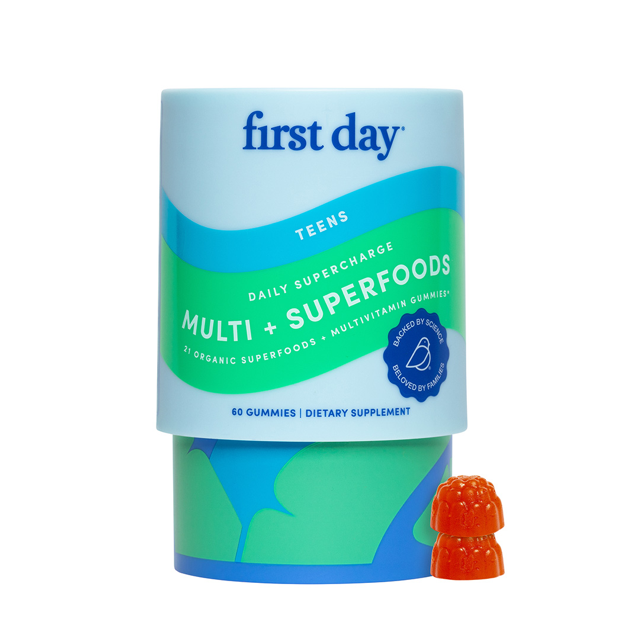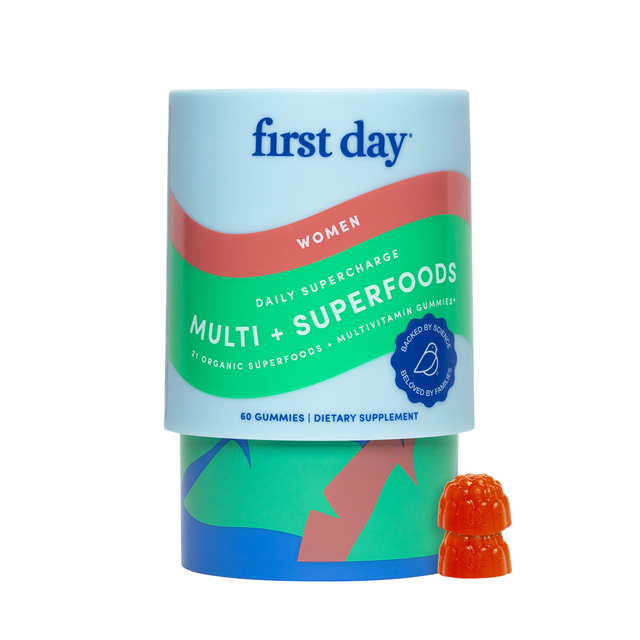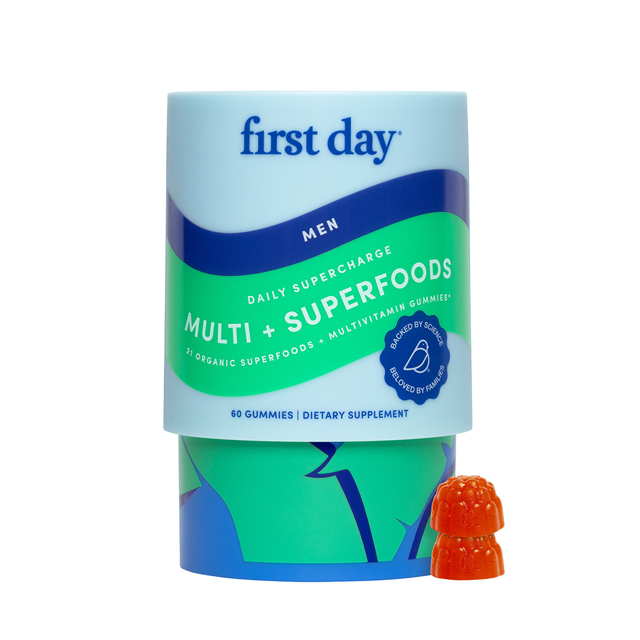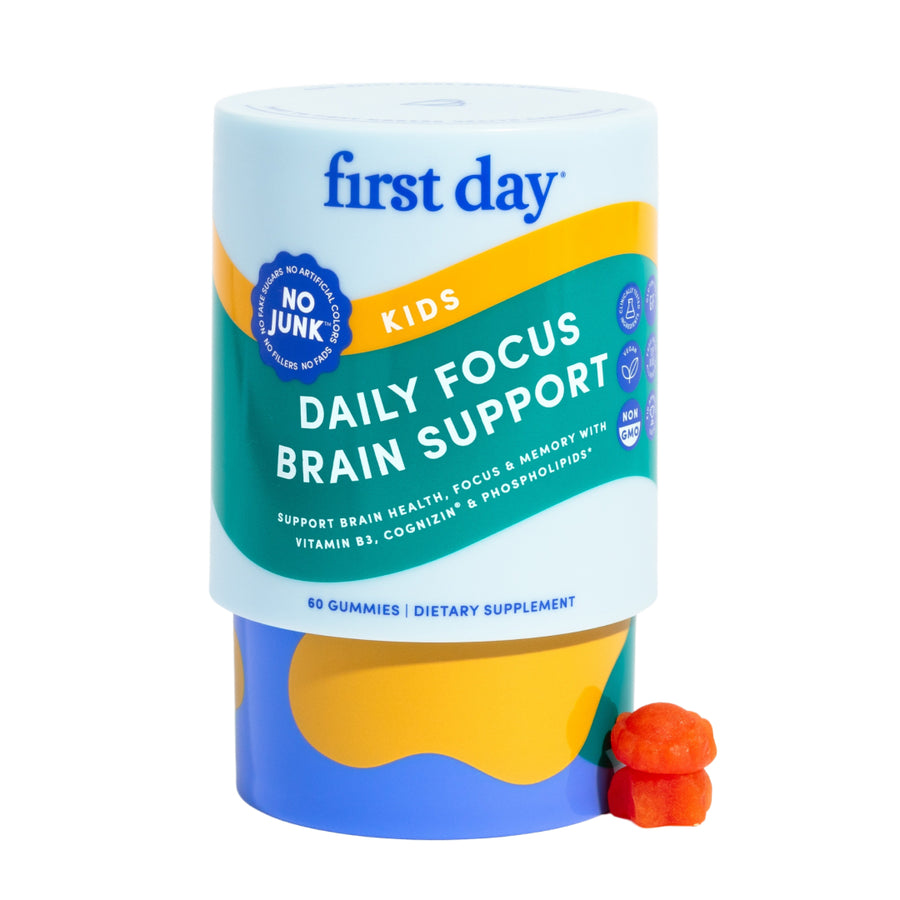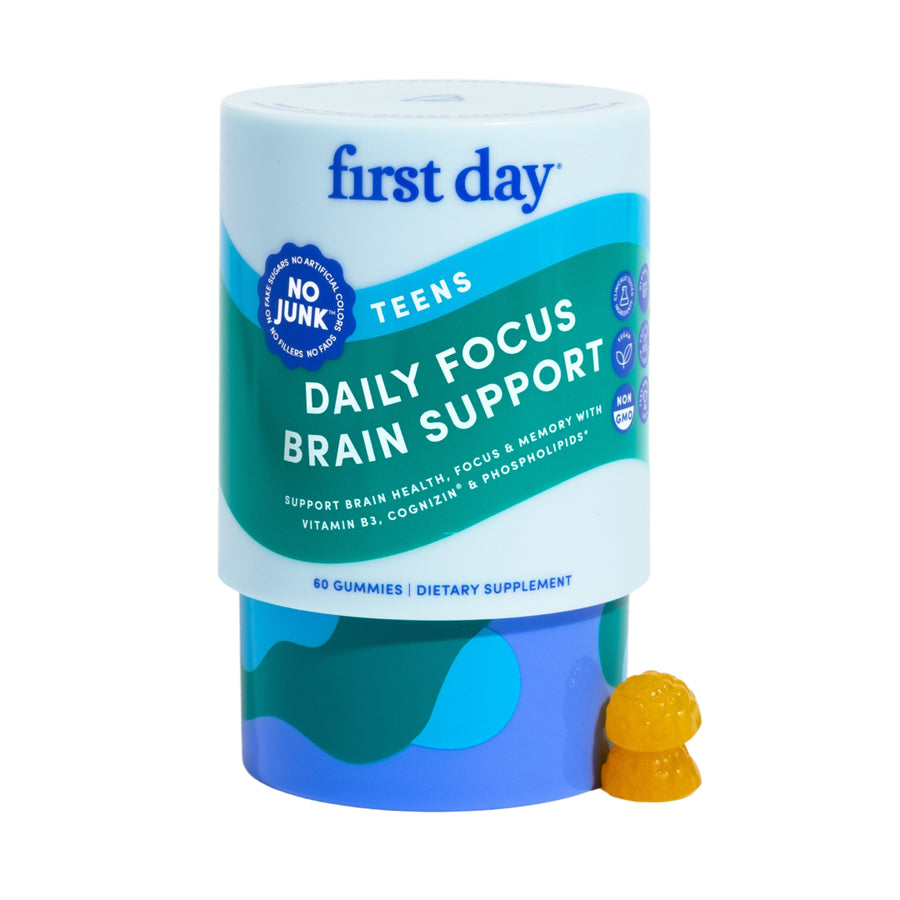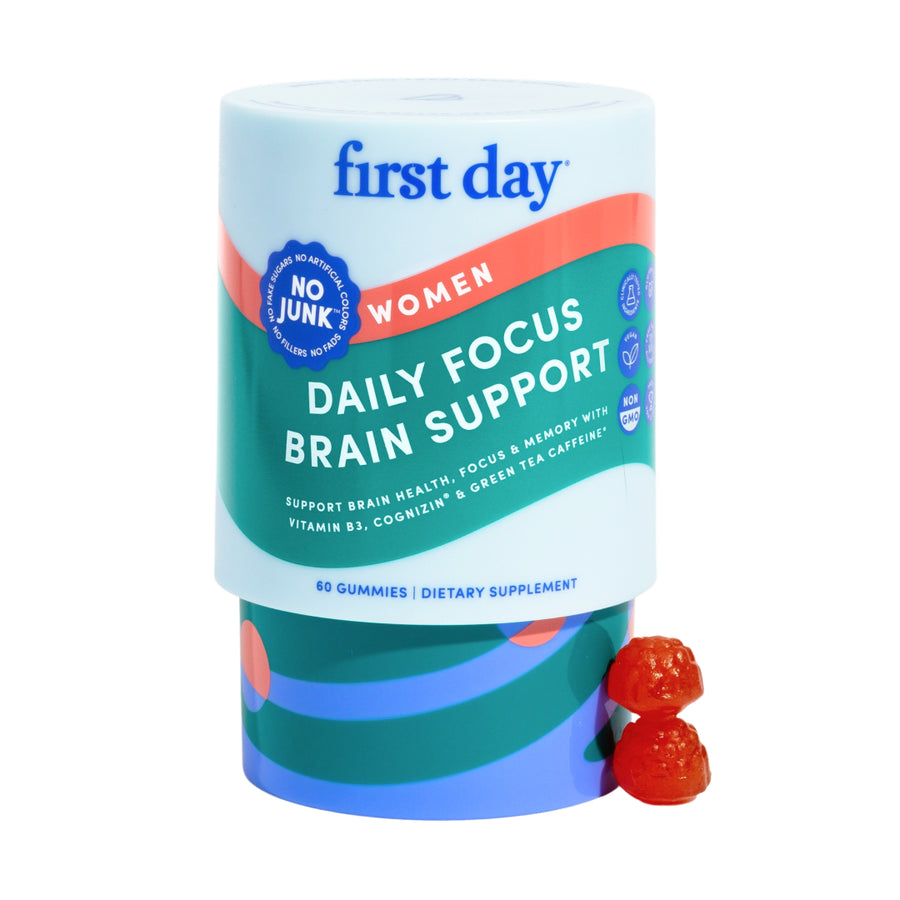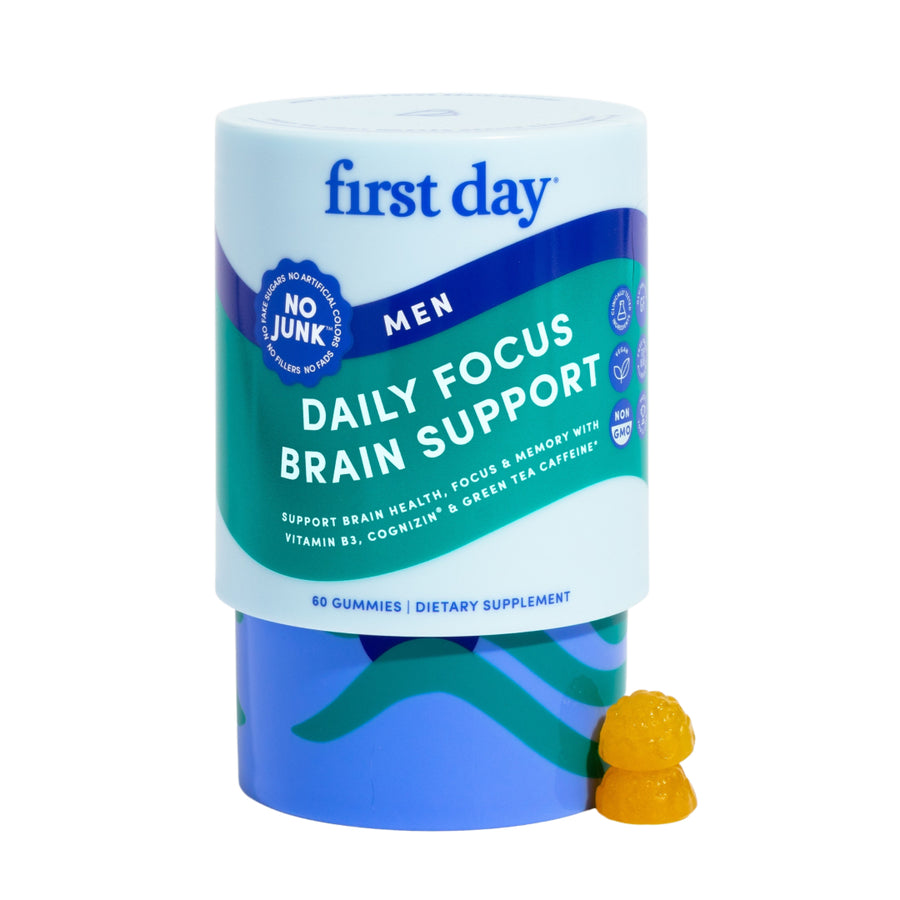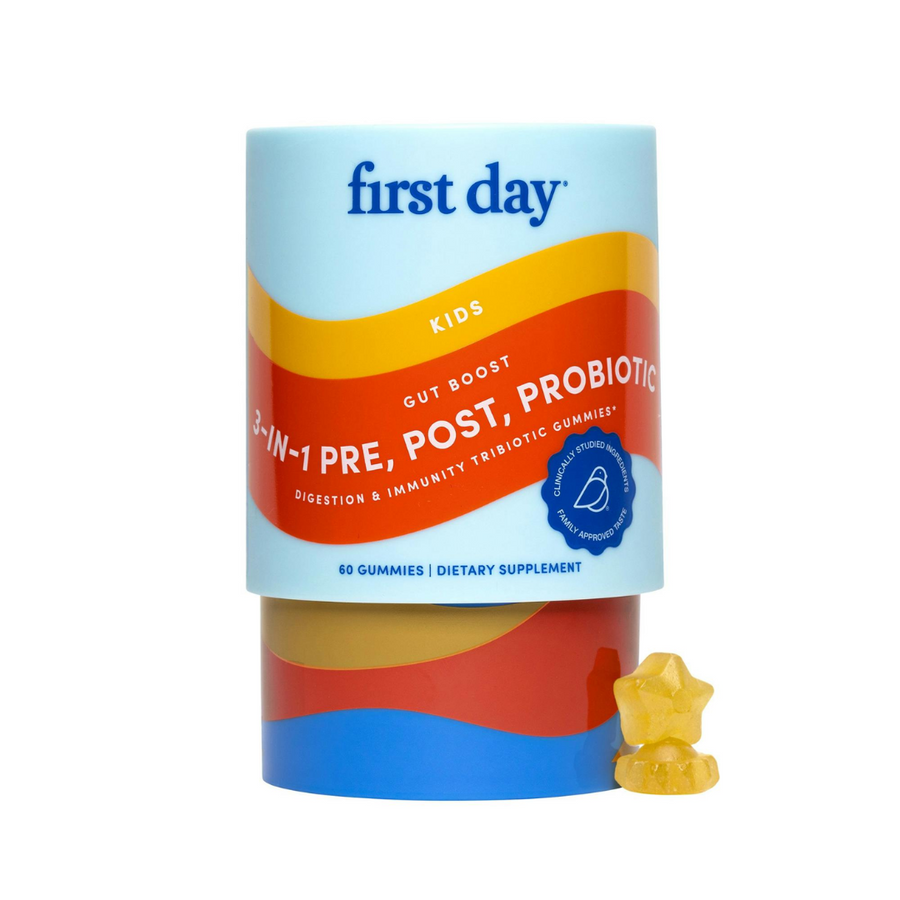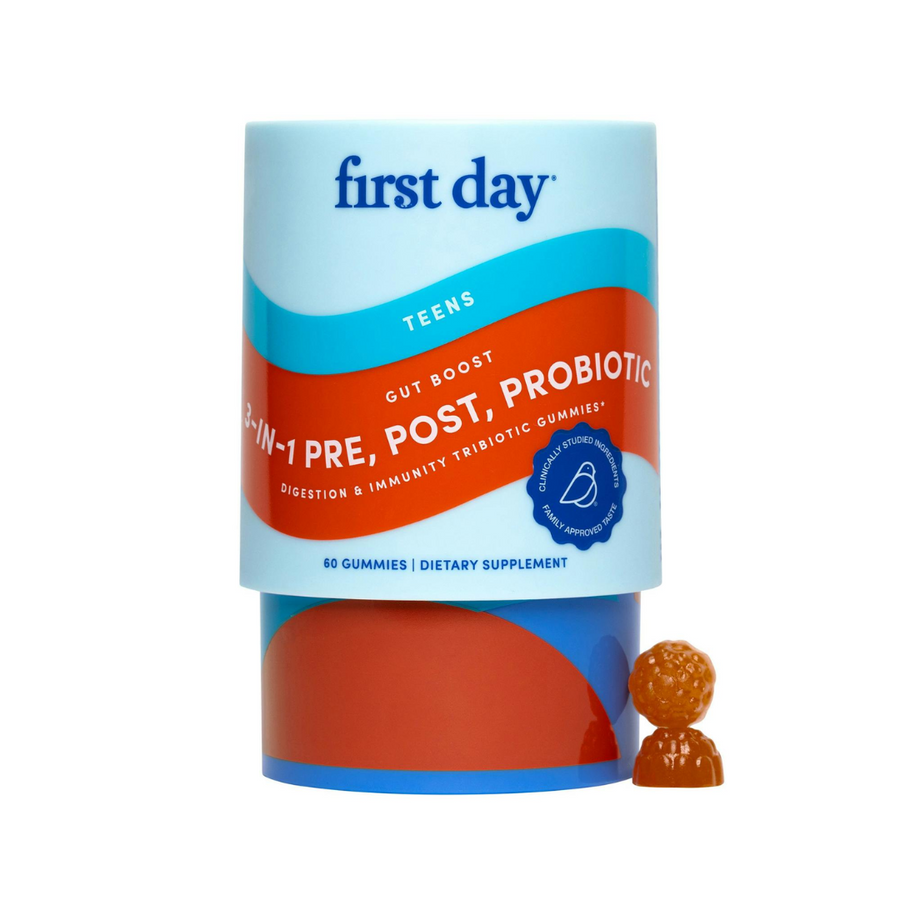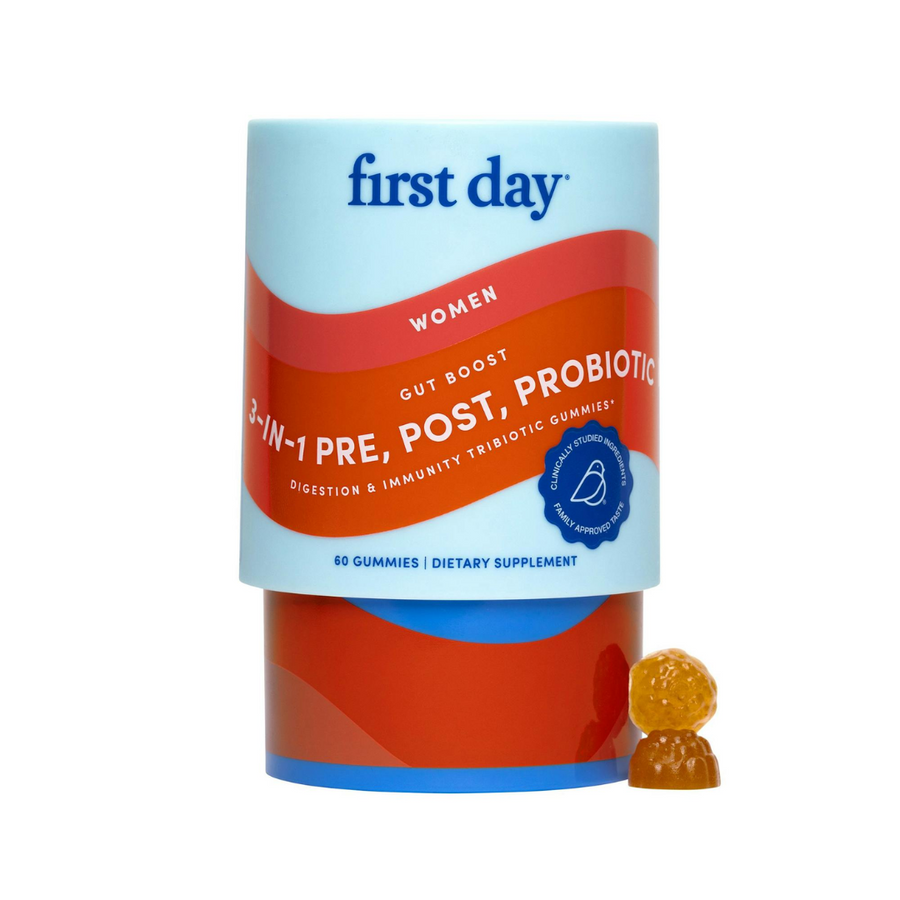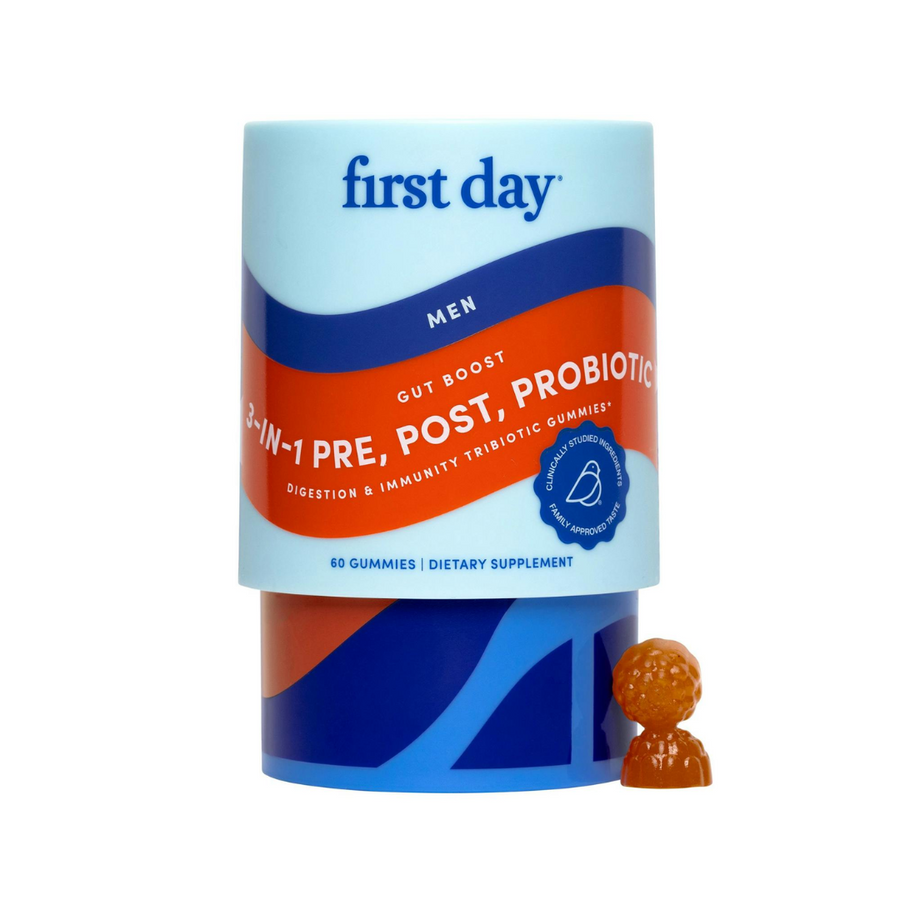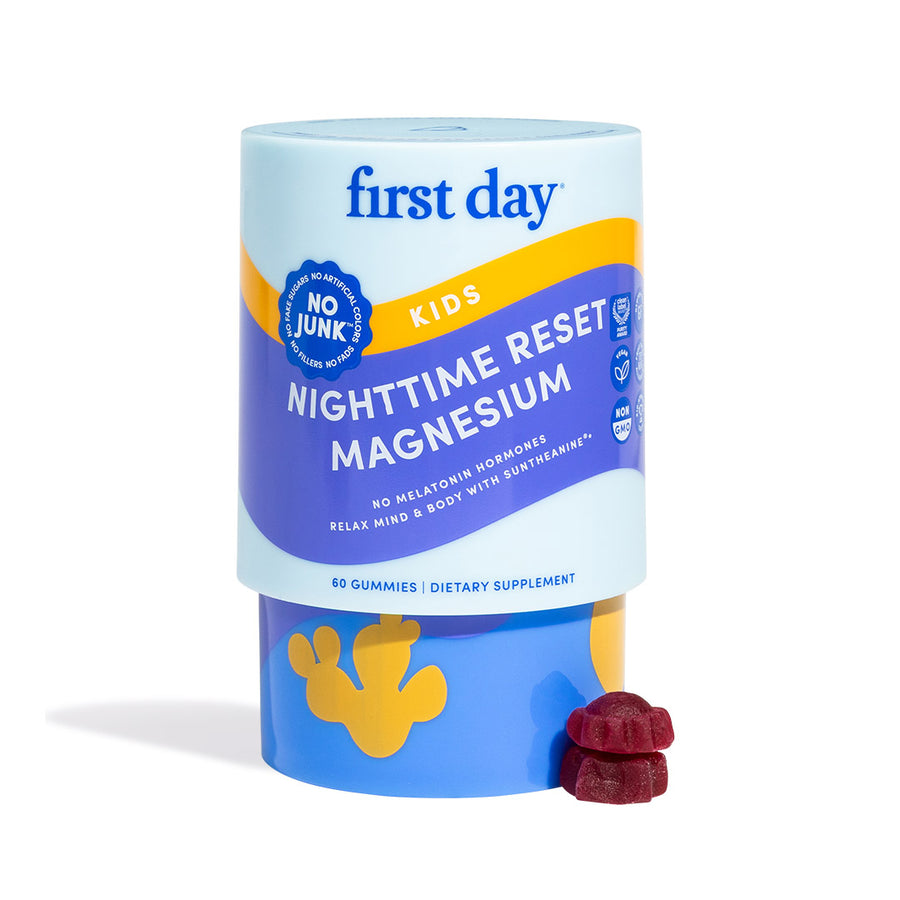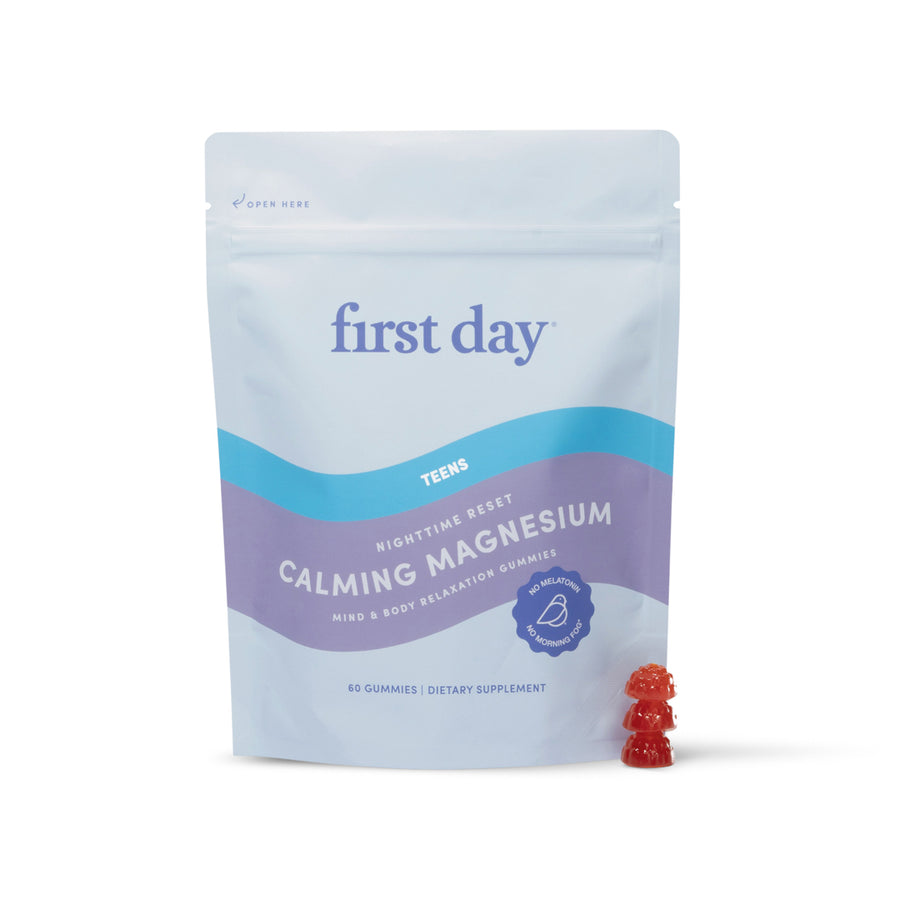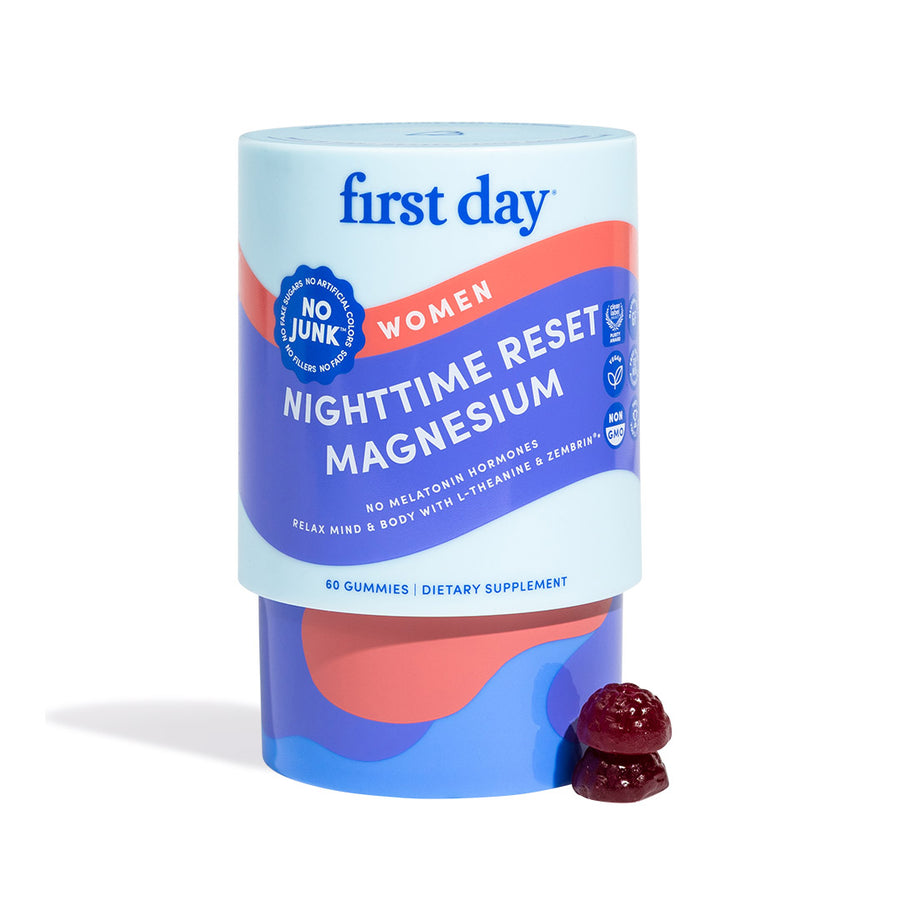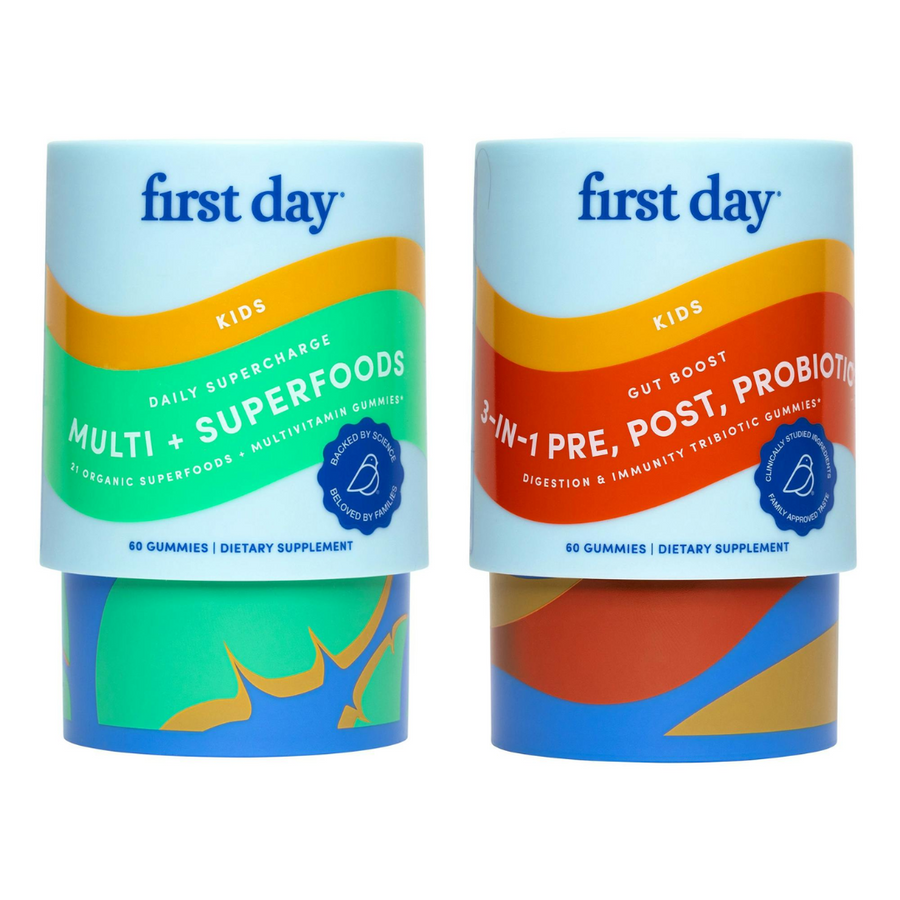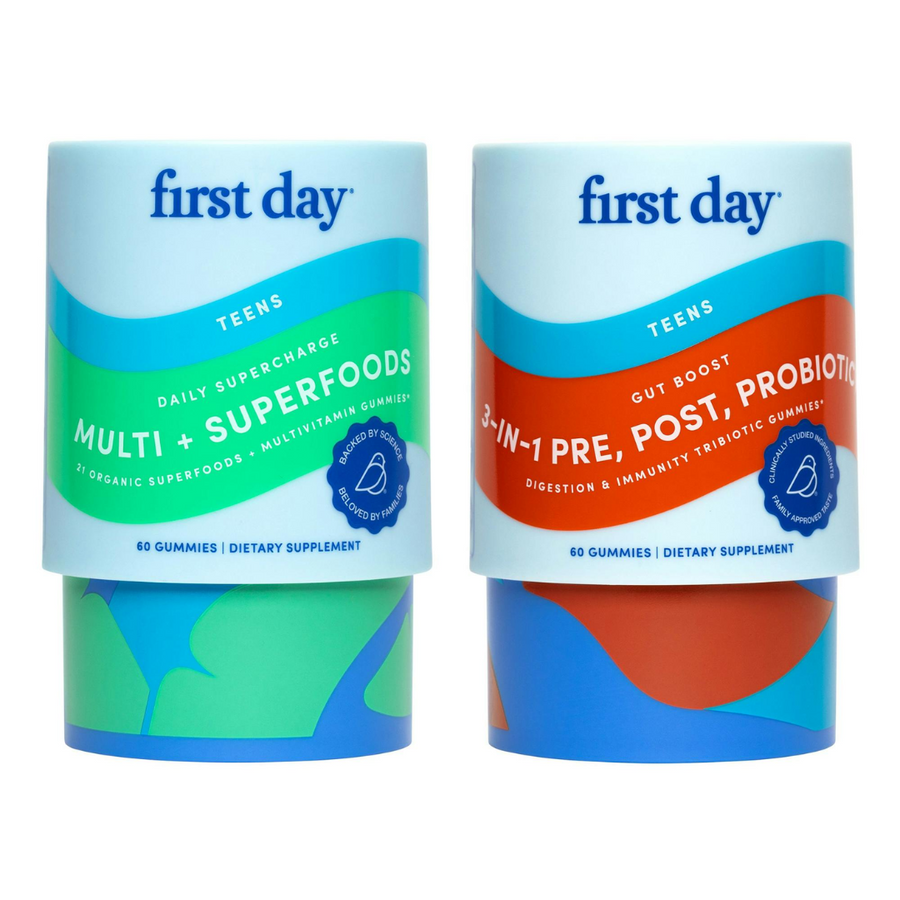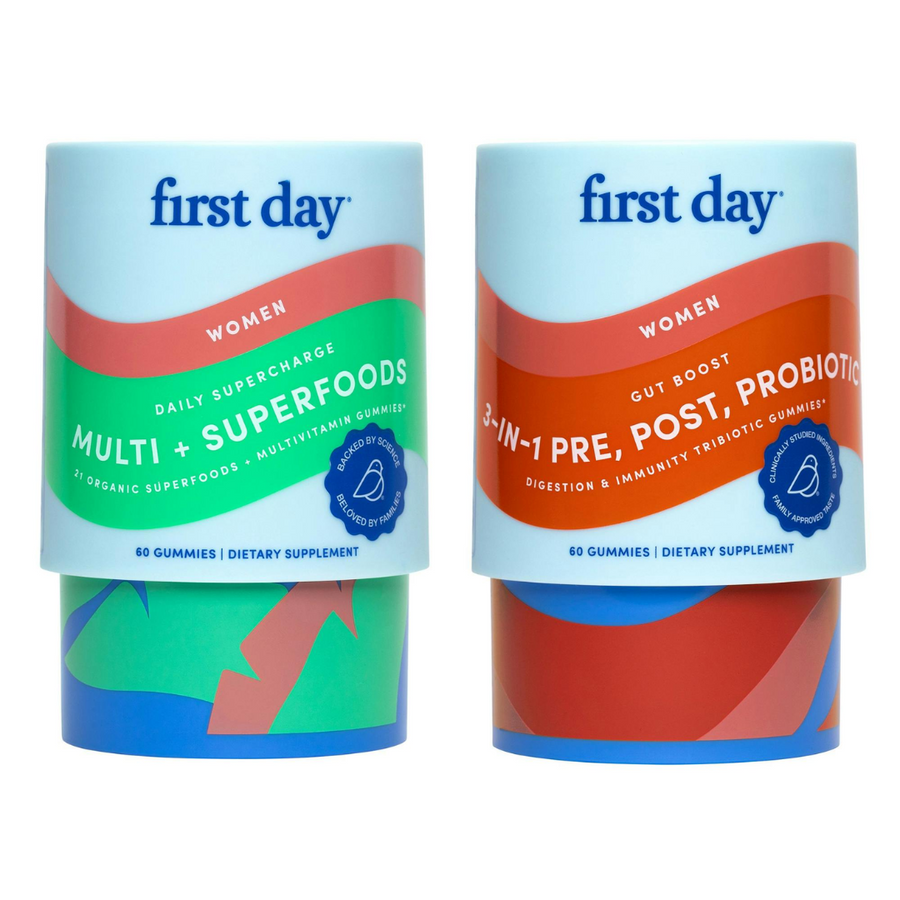Sugar consumption is often a matter of debate. While it does give us energy, it can also lead to obesity, as well as other types of diseases and conditions like diabetes. No wonder our parents have always warned us to not eat too much chocolate.
In the U.S alone, over 260 million Americans consumed chocolate and candy last year. Without proper guidelines and medical advice, we could be consuming excess calories and gaining weight.
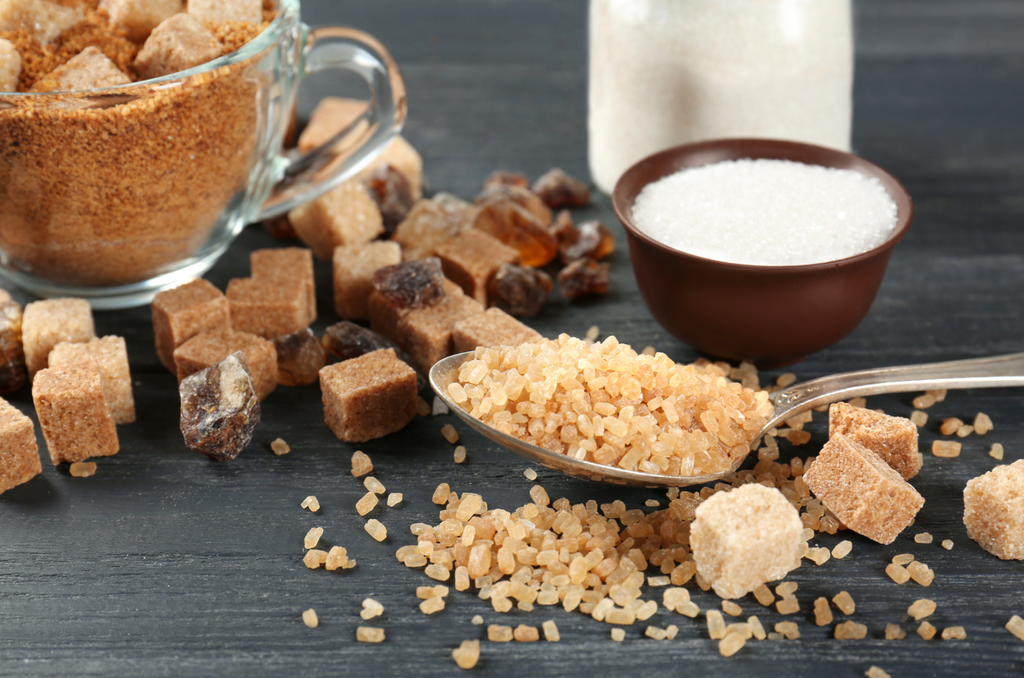
But the truth is, there's so much to learn and unlearn about sugar. How much of it should we eat to keep our diet in check? What does healthy sugar mean? What are the risks and benefits of sugar intake we should know?
The list goes on and on.
In this article, you will learn a lot more about sugar. This way, you can keep your health in check but at the same time, allow yourself to reap the sweet benefits of sugar.
First things first:
What is sugar?
Sugar is a type of carbohydrate containing hydrogen, carbon and oxygen. Without getting too scientific, sugar can give your body the energy it needs daily.
When it comes to keeping our health in check, it also helps to understand the different types of sugars and the sources of sugar we choose to fuel ourselves with.
Added sugar VS natural sugar
Added sugar is what's added to foods like cereals, candies, cookies, cakes and sugary drinks to enhance the sweet flavor, coloring and shelf life.

Refined sugar is made by extracting sugar from sources like sugar cane and sugar beets, which is then added to the food. You can see these on food labels like syrup, brown or white sugar, molasses, and fruit juice concentrates.
Eating this type of sugar excessively can put our health at risk and could lead to chronic diseases.
Natural sugar, on the other hand, is naturally found in foods like milk and cheese (lactose), fruit (fructose), vegetable, legumes, and other whole foods.

Foods that have natural sugar are important to our diet and nutrition, as it helps us prevent chronic diseases like cancer and provide us with more nutrients to stay healthy.
What are the benefits of sugar?
Contrary to popular belief, not all sugar is bad for you. Introducing more of it into your daily diet doesn't always mean you'll end up obese or with other health conditions.
The good news is eating the right kind of sugar and in moderation has benefits.

Below are the ways good sugars can work wonders to your body.
1. Provides an immediate source of energy
What we commonly know as "sugar rush" is actually glucose, which fuels our body to get through our day.
2. Gives an instant mood boost
There's no denying the instant happiness we feel when we eat sugar. The rush of dopamine we feel is the kind of pick-me-up we need to turn a bad day around.
3. Helps store energy for later
Another benefit of eating sugar that's good for the body is it helps you have stored energy. Instead of consuming more food throughout the day, you go on extended periods of time without eating.
4. Natural sugar come with other nutrients
When we consume more fruit, dairy, vegetables and whole food, we're not just eating sugar. These foods are packed with vitamins and minerals that keep us healthy, energized and strong.
What are the risks of eating sugar?
Many believe that sugar is bad for you because of the health risks it comes with. However, it's about moderation and the kind of sugars we choose to fill ourselves with.

Here are the risks to watch out for.
1. Can cause weight gain
Sugary beverages like sodas and juices contain a lot more fructose than what our body needs. Instead of curbing our hunger, it leads us to eat more than our dietary requirements.
Furthermore, drinking processed beverages is linked to increased amounts of visceral fat, the type of belly fat that is linked to heart diseases.
2. Increases risk for Type 2 Diabetes
Too much sugar consumption can lead to insulin resistance. This means your body is less capable of regulating blood sugar levels.
Those that suffer from obesity from excessive sugar are also at a greater risk for Type 2 Diabetes.
3. More susceptible to getting cancer
When you're already at risk for diabetes or obesity, you are more prone to certain cancers.
Excessive added sugar consumption has been linked to esophageal cancer, pleural cancer and cancer of the small intestine.
4. Can lead to depression
Granted that we do get our "sugar high" from eating donuts, cakes, sweetened beverages and ice cream, these added sugars can definitely take a toll on your mental health.
Eating too much of these foods and drinks can make you depressed because your body is unable to properly process the huge amount of sugar it's receiving.
5. Can drain your energy
If you're familiar with that crashing feeling after the euphoria you experience from added sugar, that's not the kind of sugar rush you should be aiming for. In fact, excessive intake of added sugars can drain your energy.
Bad sugar doesn't contain enough vitamins, minerals and nutrients like fiber and protein. They don't provide you with the nutrition you actually need to sustain yourself.
6. Leads to fatty liver
Similar to excessive alcohol intake, too much bad sugar can also lead to an unhealthy liver.
In the liver, fructose is turned into stored energy called glycogen. If your consumption is far too high, there's only so much your liver can take. This then becomes fat.
Myths surrounding sugar
We can all agree that moderation and information are key. However, even the most health-savvy are sometimes unaware about the misinformation surrounding sugars.

Here's what you need to keep in mind.
Myth #1: All sugar is bad sugar
We've heard it over and over again: we should be consuming less sugar. However, there is more to it than thinking all kinds of sugar are bad for you.
Instead, we should get most of our sugar intake from natural sources and limit our consumption of added sugars. Focus more on limiting the guilty pleasures and introducing healthier options like whole foods, fruits and enough dairy.
Myth #2: Sugar-free replacements are the way to go
In trying to curb our love for sweets, we end up substituting with diet soda or sugar-free sweeteners.
Mounting medical evidence has shown that these replacements do more harm than good. It can have a negative impact on your blood sugar levels, which makes it harder for you to keep your appetite in check and even have a bad effect on your gut.
Myth #3: Sugar-free or low-sugar diets is the best way to lose weight
The truth is opting for a low or no-sugar diet doesn't always guarantee healthy weight loss.
Controlling your sugar only works if you are also aware of your calorie intake. For example, substituting vanilla with plain yogurt helps you cut back. Healthy substitutes like using plain yogurt over vanilla works. You can also opt out of adding any sweetener to your coffee or smoothies.
Myth #4: You should remove sugar from your diet completely
Your body needs the right kind of sugars to keep you at optimum health. They energize you, boost your mood and help prevent you from going into treatment for diseases.
Removing sugar from your daily diet completely can cause many complications you can prevent if you're living a healthy lifestyle. It's all about moderation.
Sugar and health
There are so many ways you can incorporate sugar into your dietary routine without risking your health.

Here are a few practical tips:
- Go for whole foods - Legumes, vegetables, fruits, nuts, seeds, and yogurt are some of the best examples of natural sugar-packed food. These are even rich in other nutrients you need to stay healthier.
- Give your taste buds some time - As you consume less added sugar, you'll gradually learn to crave natural sugars. Give your taste buds some time. It won't be long until you reach for a smoothie more often than a bottle of soda.
- Drink more water - Water keeps you healthy and aids in better blood circulation and oxygen flow. It also fills you up nicely, and lets you have more control over your weight.
Check and balance
Most of us have a sweet tooth, and we'll often crave food that can give us that sugar rush we sometimes look for. However, it's all a matter of understanding which sugars are bad or good for you. It also helps to moderate.
Seeking medical advice will also give you a better chance of developing good eating habits and less of what can put your health at risk. Furthermore, frequent visits to your doctor to keep your blood sugar levels in check can improve your well-being.

